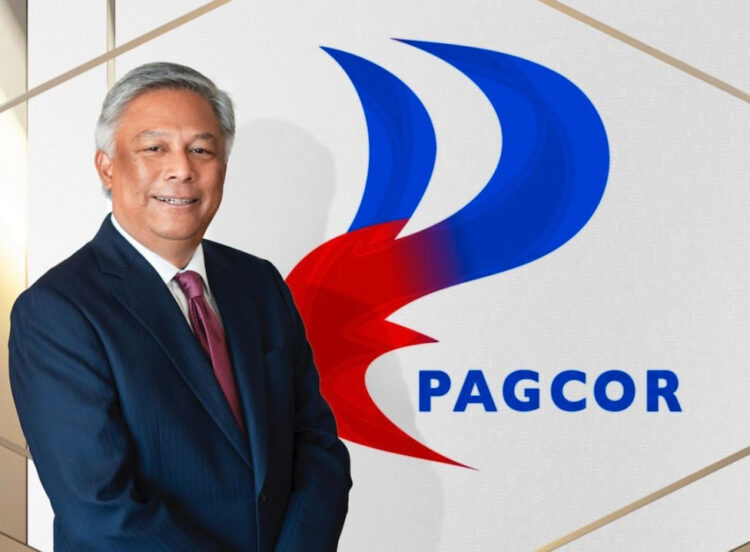PAGCOR Chairman and CEO Alejandro Tengco has promised to increase actions against illegal online gambling sites while reiterating the important financial contribution of licensed sites, which he revealed contributed Php69 billion (US$1.20 billion) in license fees in the first seven months of 2025 combined.
In a report to the House Committee on Games and Amusements, which is currently conducting a hearing into the domestic online gaming industry, Tengco said the sector has emerged as one of the government’s biggest revenue drivers this year, with Php41 billion (US$716 million) being generated from electronic games (E-Games) and Php28 billion (US$489 million) from other online game offerings.
“Because of its huge potential, online gaming has become an important source of funds for our nation-building commitments, including PAGCOR’s support for education, health care and community development,” he explained.
The online gaming sector had, he added, contributed Php27.5 billion (US$480 million) to nation-building, funding corporate social responsibility (CSR) programs including Php14.7 billion (US$257 million) for the Universal Health Care Law.
Other projects that will benefit from the robust performance of the online gaming sector are PAGCOR’s flagship CSR projects, including the construction of school buildings, socio-civic centers, wellness centers and E-Learning hubs.
“Every peso we collect from the gaming sector translates to meaningful projects such as classrooms for our children, health programs for our people, and safe spaces for communities in times of calamity. This is how we ensure that gaming directly benefits Filipinos,” Tengco said.
However, he also acknowledged the issue of illegal online operations that offer no safeguards for players.
“These illegal sites not only deprive the government of much-needed revenues but also expose Filipino players to numerous risks,” Tengco said, insisting PAGCOR was committed to stronger enforcement against such platforms.
“PAGCOR is committed to strengthening regulation and enforcement to ensure that only legitimate and properly monitored operators are allowed to operate.”



































